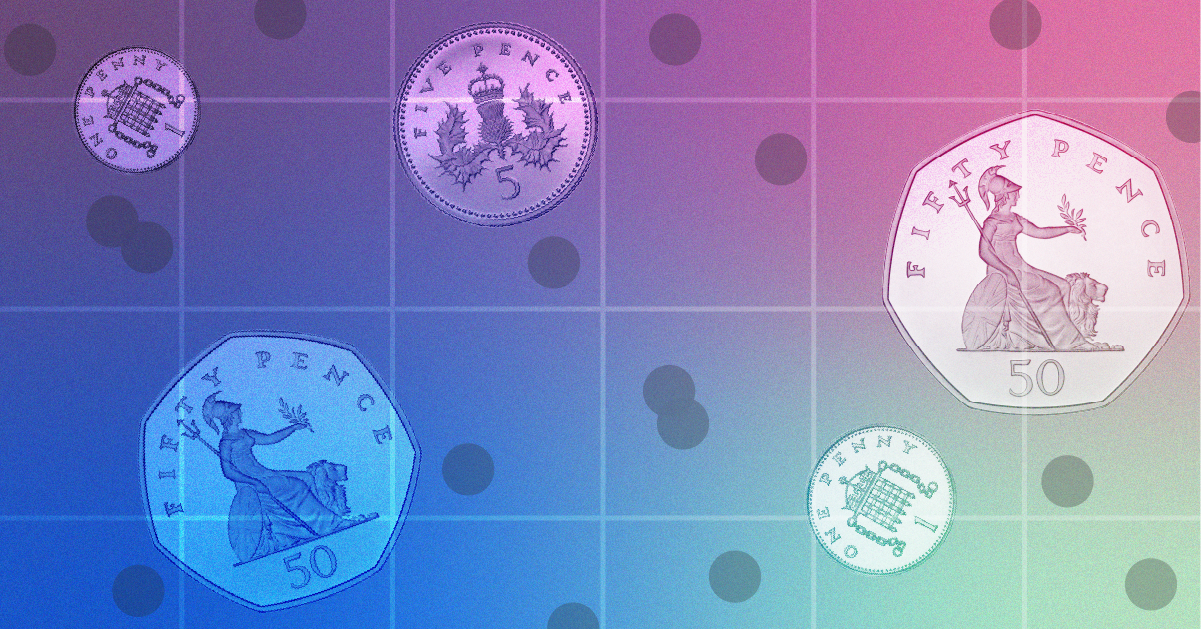
As investors around the world continue to grapple with the coronavirus pandemic, the Japanese stockmarket has experienced an indiscriminate sell-off across all sectors. While many companies have started to recover from the volatility, there are still opportunities to be found.
As investors look further afield than the UK for hidden gems, we've looked at lesser-known names in China and now we consider Japanese companies that you might not have heard of. While these names may be off most investors' radars, these fund managers think they are poised for gorwth, regardless of the economic outlook.
Nitori
Nitori (9843) is the largest furniture and home accessories retail chain in Japan. Despite the overall sector declining, the company has beaten the odds and delivered steady returns.
“Weak domestic consumption and deflationary price expectations might reasonably challenge any domestically-focused retailer,” says Sophia Li, manager of Neutral-Rated First State Japan Equity. After all, she points out, consumers buying in a deflationary environment would do better to delay their purchases in the hope the price comes down. She adds: “However, Nitori has continually innovated – from product design to new store formats – to secure new areas of growth.”
The company has a “vertically-integrated business model”, meaning it manages the entire supply chain, product sourcing from Southeast Asia, with domestic distribution centres that cover every corner of Japan, and direct management of its bricks-and-mortar stores and e-commerce business. “This structure enables the company to offer high-quality furnishings that are much cheaper than its rivals and generate higher gross profit margins,” explains Li.
Shareholders, she adds, have been handsomely rewarded over the long-term, with both the share price and dividends per share growing by more than 20 times over the past two decades. The firm's sales and profits have grown for 32 consecutive years, too. And all this, despite no growth in the furniture and home furnishings market in Japan.
M3
Li believes a deep knowledge of the local market and an understanding of the cultural and societal aspects of Japan are critical when choosing Japanese companies to invest in. This is especially true if there are no direct Western equivalent to draw a comparison. While the healthcare sector has been booming, M3 (2413) is one example of a business that is “uniquely Japanese”.
The company supplies medical information services for doctors through the internet and supports the marketing of pharmaceutical companies and medical equipment manufacturers. “The company launched its pharmaceutical marketing services, such as information on drugs emailed to doctors, around 20 years ago and has since expanded to offer contract research, job placements and medical records software,” says Li. “There is no Western equivalent that provides similar services to M3."
One of the main reasons for M3’s success is its huge following among doctors (around 4 million subscribers globally). Indeed, doctors benefit both from having reliable and trusted information at their fingertips (which saves them time that could be better used seeing more patients) and reducing the costs of hiring traditional medical representatives.
“While Japanese drug companies spend the majority of their annual marketing budgets on sales reps and related commissions, just 2% of their spending is allocated to online marketing,” says Li. “On the other hand, doctors spend twice as much time collecting materials on the internet (using informational sources like M3) compared to the time they spend talking to pharma reps.”
DTS and NS Solutions
DTS (9682) & NS Solutions (2327) are both Japan-based information service companies. Joe Bauernfreund, manager of AVI Japan Opportunity Trust (AJOT), has recently invested in the stocks, taking advantage of cheaper valuations and they are now key positions in his portfolio, representing weightings of 4.7% and 4.3% respectively.
“Their operating profits fell by 22% and 26% respectively, as customers delayed IT investment and existing projects were disrupted by social restrictions,” explains Bauernfreund of how the companies have fared in the Covid-19 pandemic. He adds: “However, we do not believe these short-term results reflect a change in the long-term prospects for IT service providers.“
A key driver for this sector came in 2018 when Japan’s Ministry of Economy, Trade and Industry warned companies that unless they take action to rectify years of underinvestment in IT systems by 2025, Japan could suffer an economic loss of 12 trillion yen per year - equivalent to 2% of GDP. The stark warning has pushed IT spending up the priority list for many firms and DTS and NS Solutions are well placed to benefit.
The two companies have achieved double-digit annualised operating profit growth over the past five years, and while Bauernfreund says that strong run may not continue, he still expects high single-digit growth in the years to come.
DTS, he says, is overlooked by many investors because it is small and not covered by many investment analysts. NS Solutions, meanwhile, has a parent-child ownership structure with Nippon Steel, which may put some investors off. ”But these problems are surmountable," says Bauernfreund. "Both companies present a great investment opportunity."




























